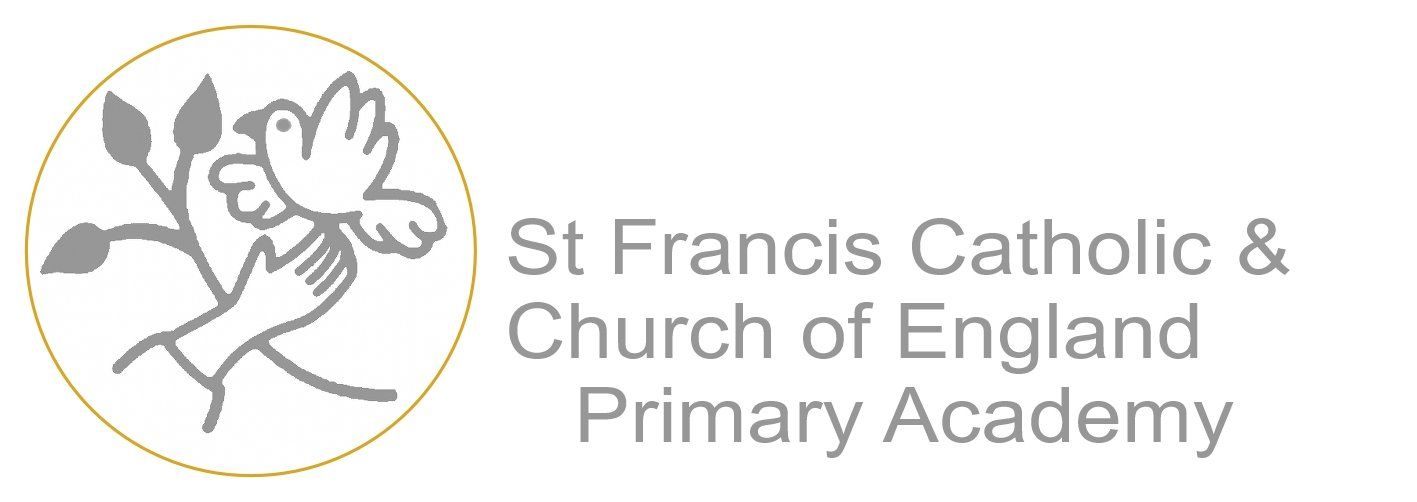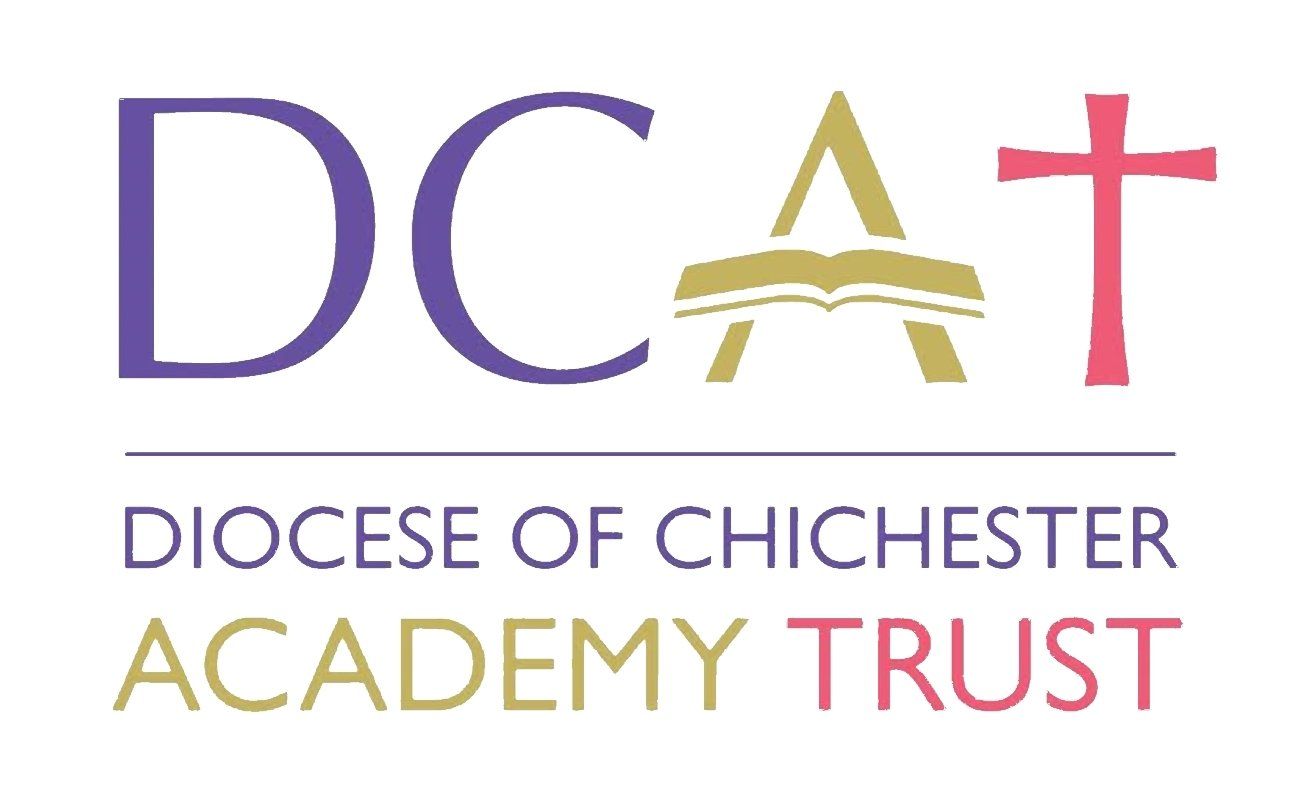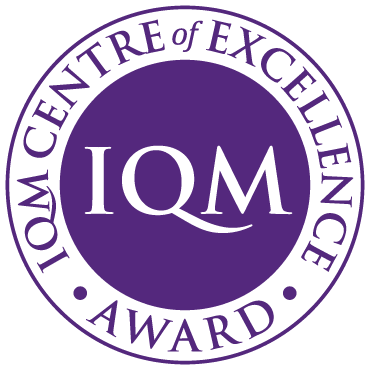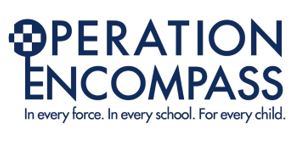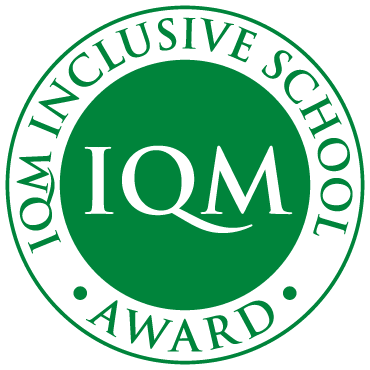Transfer of PWDAT schools to DCAT
About the Diocese of Chichester Academy Trust
St Francis Catholic and Church of England Primary Academy is part of the Diocese of Chichester Academy Trust (DCAT).
Further information about DCAT, including its Members and Directors and statutory information can be found on the following website: https://dcat.academy/
The Trust's financial and governance statements can be viewed using the following link:
https://dcat.academy/statutory-documentation/financial-statements/
https://dcat.academy/statutory-documentation/
Diocese of Chichester Academy Trust
Church House, 211 New Church Road,
Hove, East Sussex,
BN3 4ED
Tel: 01273 425001
The Diocese of Chichester Academy Trust is a Company Limited by Guarantee in England and Wales Registered No. 09201845
DPO Information:
Any questions about Data Protection should be referred to our Data Protection Officer Company:
Handsam Limited
Address: Office 27, East Moons Moat Business Centre, Oxleaslow Road, Redditch, Worcestershire, B98 0RE
Email: info@handsam.co.uk
Web: www.handsam.education
Telephone: 03332 070737
DCAT Presentation
Frequently Asked Questions
- What will this mean for my child’s education?
A larger Trust will provide greater opportunities for school staff to work together to share effective practices so that we can continue to improve teaching and learning in all schools. But you and your child are unlikely to see any difference day-to-day. Schools will still have the same name, the same uniform, the same leaders and staff – and most importantly the same children.
- Who will appoint local governing bodies?
Local governing bodies will continue to reflect the character of the school. They will include elected parents, an elected member of staff and the headteacher. Other governors will be appointed by the trustees in partnership with each local governing body and with the Diocese and will continue to involve members of the local community, whilst ensuring an appropriate range of skills.
- Why do we need to change at all?
We are choosing to make this change because we believe a larger Trust provides more opportunities for school improvement and collaboration.
The Government believes that larger academy trusts can be more effective and cost effective, and we can see how this transfer will result in improved support for schools and therefore for children.
- How will DCAT work differently from PWDAT? Will this really make a difference?
This isn’t about working differently, but about having the capacity to provide more rounded support to the schools than PWDAT is able to offer given its size.
DCAT is seen as a strong Trust both for the education it provides its 11 schools as well as the finance and operations support which means that DCAT Headteachers have more time to focus on their schools and the quality of education for the children.
- How will DCAT support our school from so far away? How can you make improvements if leaders can’t spend time in schools or staff just spend more time travelling between sites?
Within DCAT, responsibility for leading improvement at each school will rest with the school’s headteacher and local governors.
The central team will support and challenge each school and travel by central staff to schools will be organised so as to maximise the time they can spend in school.
One of the key, long term lessons of the way in which leaders of all schools have worked together to respond to Covid 19 is that there are other effective ways of engaging with each other than meeting face to face. Additionally, DCAT has committed to employ a school improvement leader to work in their West region who will provide hands on support for the school.
Other DCAT staff are happy and willing to travel to the schools on a regular basis.
- Does my child’s school have to join DCAT? Could it join a different Trust?
All the schools involved support this change, having had the opportunity to meet with and talk to DCAT colleagues. All wish to remain part of the same Trust.
Like PWDAT, DCAT is a Church Trust and the two Trust share very similar vision and values.
- Why are we not considering a more local Trust?
As Church schools we need to be within an academy trust established and supported by the Church. Other academy trusts were considered but PWDAT chose DCAT because of its good track record but also because of its critical mass of 11 academies which gives it a capacity for support greater than other academy trusts.
We hope that as DCAT’s work develops with these schools, others – on the Isle of Wight, in or around Bournemouth, or elsewhere in Portsmouth and Winchester dioceses, Church or community - will wish to join DCAT too.
- What other options are there?
In the current situation we cannot see any alternatives. All three schools are already academies and any other options would have to be within the academies structure. It is not possible for any of these schools to return to local authority-maintained status.
PWDAT cannot continue. Support for the schools – including for the development of their ethos and character as Church schools - will improve through this transfer. We hope that:
- by exploring information about DCAT on its website www.dcat.academy;
- by attending the virtual information meetings; and
- by asking questions on https://www.surveymonkey.com/r/DCATquestion
you will be reassured, as the schools are, that this is the best way forward.
- Are there disadvantages?
We don’t think so. This is an organisational change which brings greater capacity to support for the schools. DCAT is a successful and well-respected academy trust with a track record of support for improvement particularly in coastal communities.
- What will all this cost – and how is it paid for?
There will be some consultancy and legal costs to support the Trusts in making this change. Some of those costs seek to ensure that senior leaders and central staff can continue to support schools while we go through this process.
By working together, we are seeking to reduce the costs. Importantly, the cost of the transfer to DCAT is paid by DfE grants and not the schools.
- What does this mean for management of the school? What additional work would be required from staff currently to provide information to the trust?
There will be a period whilst the Trust and school find out about each other when staff will be providing information to and receiving information about the Trust.
Staff will also need to spend some time in adapting to new systems and processes. We will support staff so that this does not disrupt learning.
- Will there be changes in the leadership?
DCAT is committed to supporting and developing all its staff in all its schools; we want to ensure progression for staff who want it so that they can, if they wish, plot a career within the Trust from NQT or teaching assistant to headteacher or even to CEO.
DCAT will walk alongside leaders to enable them to give their best to the school.
- Great to hear about opportunities to work in or with other schools in the Trust, but how do we overcome the Solent/ distance to other DCAT schools?
We will look at ways of facilitating shared working. Virtual working is an option for some activity, but not a real alternative to seeing and feeling what is going on elsewhere.
We will seek to find ways of supporting travel to and from schools to make this work. DCAT centre staff are able and willing to travel to any of our schools.
- What’s the vision for support staff?
DCAT’s vision is the same for all staff – we want to enable them to grow and develop and to find their own career path in the Trust.
All staff have a key role in enabling every child to fulfil their God-given potential. One of the Trust’s current headteachers and an assistant headteacher began their careers as support staff.
- What change will children notice?
Children are unlikely to see any visible change in their experience of school; they will attend
(when they do again) in the same uniform and with the same staff. Over time they may experience an improved environment as a result of funds available to DCAT to support building improvements and they should see the impact of shared professional development for staff on what and how they learn.
They may also see more visitors from DCAT – including school improvement staff supporting the headteacher and staff and the CEO who will also lead worship occasionally in school.
- The DCAT presentation includes some impressive outcomes; how have you achieved that?
All our responses are tailored to the specific needs of the school and reflect experience as leaders ourselves.
We walk alongside headteachers and senior leadership teams, removing the loneliness of individual decision making, coaching, advising and supporting local leaders.
Often the initial focus is on improving clarity and quality of assessment followed by a forensic analysis and then implementation of targeted solutions.
That may be a focus on particular groups of children; it may be a focus on a specific area of the curriculum; it may be about improving and targeting attendance. In all cases it is about critical response, at pace, implementing strategies that are known to be successful and allocating the resources that are necessary to make a difference quickly.
- I found the parents meeting very informative and helpful in understanding the transfer process. The DCAT presentation shows that the Trust is increasing from 11 to 18 schools. Would this have an effect on the quality of leadership, support, training and other services given to each individual school by DCAT?
Growth in the number of schools within DCAT means that we will have greater opportunities to secure economies of scale which then better enables us to develop the support and services we provide to schools.
As the presentation shows, the Trust is developing two “hubs” and organising its support and services through those hubs.
That way DCAT enjoys the benefits of scale from its larger size and sustains the level of support for schools that has helped deliver the outcomes also described in the presentation.
- Will growth stretch DCAT’s capacity to support our schools? How can we be sure we’ll get what we need?
DCAT has achieved the outcomes presented with limited resources.
Growth – with some additional Government support – provides the opportunity to add capacity both as additional pairs of hands, but also with new ideas and ways of supporting improvement.
Developing local solutions and supporting the appointment of existing school staff as Trust leads and associates are effective ways of developing support.
We are committed to maintaining levels of support to all schools across the Trust. We also have access to additional, experienced heads and a former CEO to support schools in particular ways, for example in moving from good to outstanding.
- The letter is headed “proposal” to transfer to DCAT; does that mean there’s a choice?
It has that heading because there is still work to do by all parties to ensure that it can proceed.
But there is not an alternative.
- Is there any limit on the scope for a Trust to levy additional costs on its schools?
Setting the central charge to schools is about providing effective central services that support the work of the school and enable leaders and staff to focus on teaching and learning.
DCAT’s offer, described in the presentation, is strong, of high quality and proven effectiveness.
It is broadly similar to other Trusts.
Economies of scale can mean that running more services centrally is more cost effective than each school buying them individually – meaning that schools have more disposable funds to direct to teaching and learning.
- What is the impact on staff? Will they be moved to other schools after the transfer?
Staff will transfer to DCAT on their current terms and conditions, protected by TUPE.
There will be harmonisation post transfer to DCAT’s standard terms and conditions which are all based on national terms and conditions and have been agreed with unions.
There will be opportunities for staff to seek roles in other DCAT schools if they wish, particularly if that means we retain good staff in the Trust who would otherwise move elsewhere for their own development.
With an individual’s and their headteacher’s agreement we also offer Trust wide roles working part time with colleagues across the Trust as a means of offering wider responsibility and the opportunity to develop.
- What’s the immediate benefit that children will see? Any enhanced resources?
The support that the Trust is able to provide to free up headteacher time and to work collaboratively on improving teaching and learning will benefit children – though that may not be immediately obvious to them.
As a larger Trust, DCAT is allocated some £800,000 annually to support building improvements in its schools, which provides all Trust schools with an opportunity to develop their environment.
DCAT is also effective at securing additional funds to support needs identified by groups of schools – to appoint a speech and language therapist, for example, where schools identified that as of particular benefit. DCAT has also been able to secure many additional laptops to support home learning; and is providing a counselling service for staff to access.
- What does DCAT gain from expansion?
DCAT is keen to grow a family of schools.
A larger group provides more opportunities to extend the scope of services to schools and the cost effectiveness of those services.
There is also a greater opportunity to push the Government for additional funding to extend the Trust’s services.
A larger group of schools also provides a larger pipeline of talent who can develop skills within the Trust.
DCAT is keen to grow hubs in Bournemouth and the Isle of Wight so that there are more opportunities for mutual support that are not affected by distance or costs of travel.
DCAT also has a mission generally to improve outcomes at Church schools, many of which are
not performing as well as they should.
- Will there be a review of the admissions policy at St James?
DCAT is a Church trust and schools have Church-focused admissions policies. We are trying to understand the basis for change to admissions arrangements in Bournemouth in order to seek to effect future change.
- Will schools advertise details of the opportunity to meet Trust leaders in person?
Yes. As soon as it is possible for senior Trust staff to visit schools and to meet staff and parents we will do so – in a safe way.
Headteachers will alert parents to whatever opportunities we can provide to meet and talk together.
(last updated: 12th October 2023
